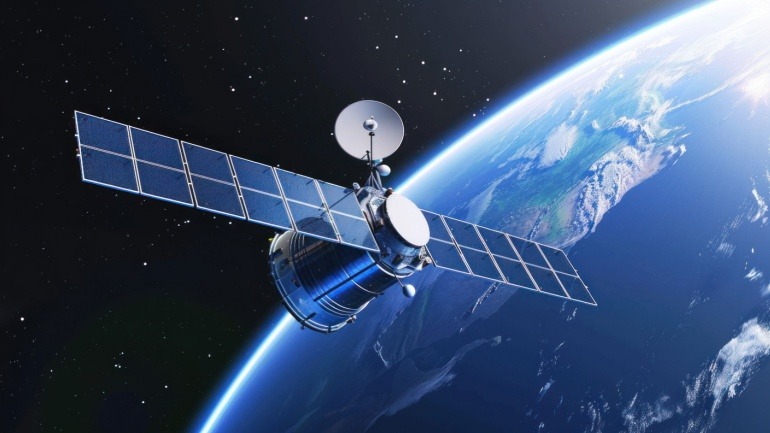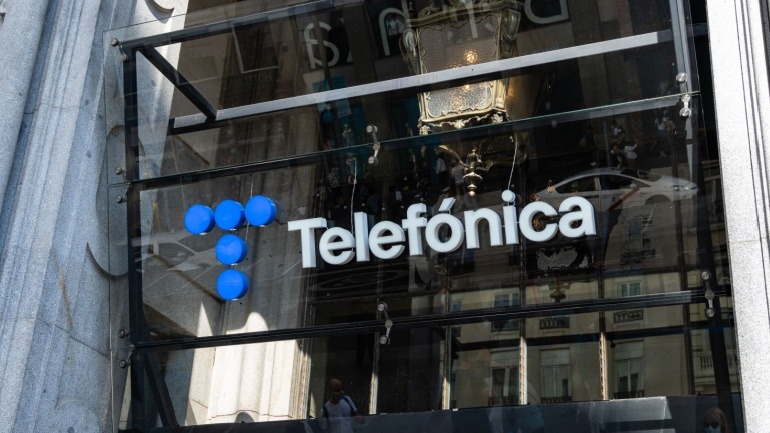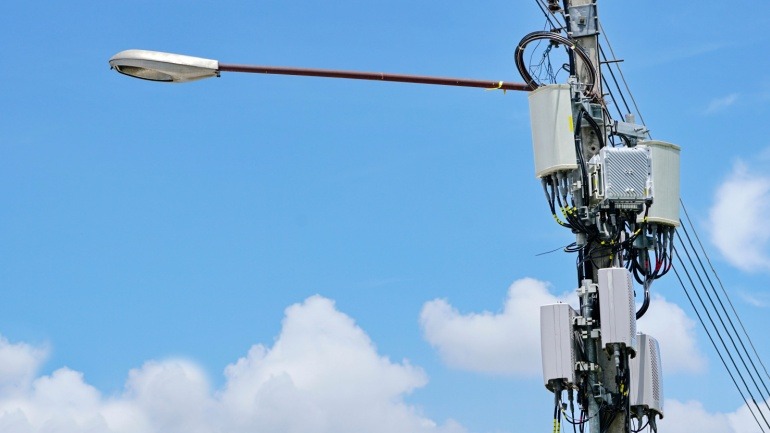AT&T has reached a major milestone in its fiber network expansion, serving over 30 million locations with ambitions of 60 million by 2030. Competing with Verizon and T-Mobile, AT&T’s acquisition of Lumen’s fiber operations boosts its reach, while strategic partnerships broaden coverage cost-effectively.
Deutsche Telekom is investing in the EU’s IRIS2 satellite project to build a cutting-edge multi-orbital communication constellation. This initiative will enhance Europe’s digital infrastructure, reinforcing technological sovereignty with advanced IT, secure networks, and 5G.
Rakuten Symphony and MobiFone are revolutionizing Vietnam’s telecommunications by launching 4G and 5G Open RAN networks. This strategic partnership aims to transform MobiFone into a leading digital corporation while enhancing network flexibility and security.
Vodafone and Three have completed a £16.5 billion merger, creating VodafoneThree with 29 million customers. Led by Max Taylor, the company plans to invest £11 billion in 5G over the next decade. While the deal promises stronger connectivity and growth, it also brings integration challenges and strategic decisions.
KT Corp. has partnered with Viettel Group to propel Vietnam’s AI development through a $95 million investment. This collaboration enhances Vietnam’s cloud and AI infrastructure, focusing on AI data centers and products designed for consumers and enterprises.
Ericsson, AstraZeneca, Saab, SEB, and Wallenberg Investments are building Sweden’s largest AI supercomputer with Nvidia to support secure local computing. The project aims to accelerate AI research and applications across sectors, including healthcare, defense, and finance, while Ericsson also advances its 5G rollout in Jersey.
The FCC is exploring opening over 20,000 MHz of underused spectrum for satellite use, potentially benefiting companies like SpaceX. This move comes amid rising criticism of Dish Network for underutilizing its licensed frequencies and signals growing regulatory support for the satellite broadband sector.
Telefonica is selling Movistar Uruguay to Millicom for $440 million, continuing its retreat from Latin America to focus on European markets. The move follows recent exits from Colombia and Peru. Millicom, expanding its regional presence, plans to enhance Uruguay’s mobile infrastructure.
In a landmark move, Netomnia and Adtran have launched the first commercial 50G PON service in the UK, revolutionizing the broadband sector. This deployment utilizes Adtran’s SDX 6400 Series to deliver hyper-fast connectivity, seamlessly integrating with existing PON networks. This advancement highlights the power of next-generation PON technology.
Three UK has trialled Open RAN in central Glasgow, improving 4G and 5G performance in the first dense urban deployment of its kind in the UK. The project showed strong results but raised questions about the future of such initiatives without government support.













